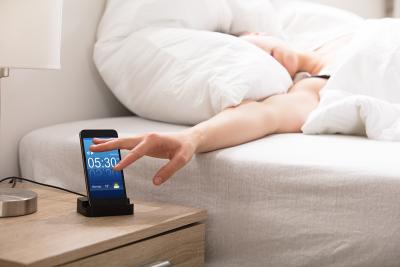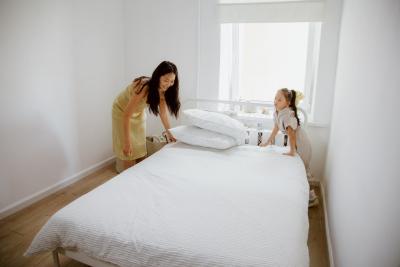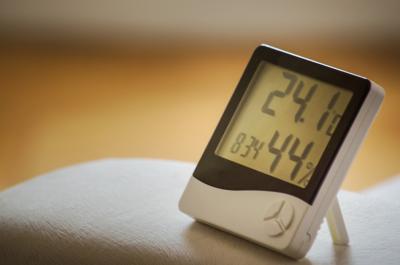British Summer Time begins every year on the last Sunday of March, and with the day fast approaching, it’s time to prepare for one less hour of sleep…
Whilst one hour may not seem much, losing out on sleep can affect us all. Whether it makes us irritable, groggy, or even just late, we all feel the impact of a less peaceful rest. So why exactly do the clocks change and how can you avoid sleep disruption during daylight savings?
Why Do The Clocks Change?
Way back in 1784, American Founding Father Benjamin Franklin suggested that if people got up earlier, it would be lighter, and would, therefore, save on candles. This was brought to the UK and encouraged by a builder called William Willett in 1907 when he published a leaflet called The Waste of Daylight.
The idea of moving the clocks back and forward was discussed by the government in 1908, but it wasn’t until 1916 that it was introduced to improve productivity during the First World War.
Today, the clocks change on both the last Sunday of March and then on the final Sunday of October at 01:00 GMT.
Effects of Daylight Savings on the Body
A one hour change may not seem drastic, but some people report feeling discombobulated during the change, especially if they already suffer from sleep problems. This feeling of jet lag is caused by the body’s internal clock - the circadian rhythm - being knocked off-kilter which therefore results in less sleep-inducing melatonin being released.
Generally, losing an hour in spring will affect you more than gaining an hour in autumn. However, it is not the change itself, but the lost hour which makes a difference. A study by the University of Michigan found that tiredness induced traffic accidents are said to increase following the start of DST.

How to Minimise the Impact of Daylight Savings Time
It can take a few days to adjust, but you can minimise the impact of daylight savings by doing the following:
1. Watch your diet
Did you know certain foods and drinks can aid and prevent sleep? Consuming more of those that help rest can minimise the impact of daylight savings time.
2. Gradually transition
The impact of one lost hour will be lessened if you are well-rested. Therefore, it is important to go to bed earlier and maximise rest in the days running up to daylight saving.
3. Get out of bed
If you find yourself lying awake at night for more than 30 minutes, try getting out of bed. Go to another room and try some relaxing activities, such as reading or having a bath.
4. Consider taking a nap
If you’re particularly exhausted, take a nap. However, don’t sleep for too long or too close to bedtime as this can affect your circadian rhythm further.
5. Make sure you’re comfortable
Whether it’s during daylight saving or elsewhere in the year, having a comfortable and supportive mattress could be the difference between a good and bad night’s slumber. So, if your mattress is old, misshapen or unsupportive, it may be time to upgrade.
P.s. don’t forget to set your alarm!












